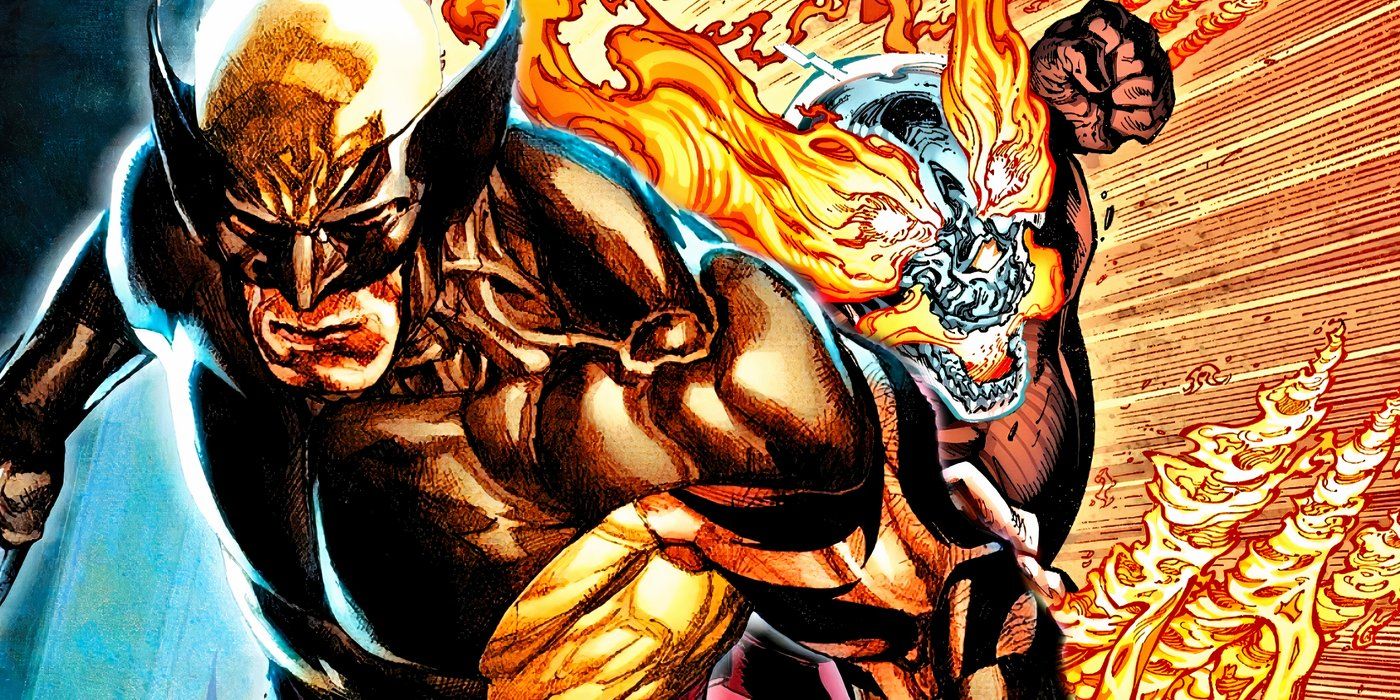Disney’s “Mufasa: The Lion King” begins with the voice of James Earl Jones, followed by a title card that reads, “In Remembrance.”
Jones, who died in September at 93 years old, originated the voice of King Mufasa in the 1994 Oscar-winning animated feature “The Lion King,” its direct-to-video sequels and the 2019 live-action remake. Jones did not return for the prequel, which opens in theaters on Dec. 20.
Barry Jenkins, who helmed “Mufasa,” tells Variety why he decided to open the movie with a tribute to the late actor. “When I think about what James Earl Jones means, not even just to me, but to global audiences — people know this — I grew up without a father figure, and you go in and you watch this art, you watch these films, sometimes these fathers in these movies become a stand-in for that,” he says. “They become these father figures.”
So, when Jones died, Jenkins explains, “It felt like we had all lost a patriarch. We had all lost this man who meant so much. It felt like there was no way you could sit in this movie – go through an hour and 40 minutes — and not honor him in some way. You would be thinking about the ways in which you wanted to honor him, so it felt like we had to do it at the very front. The studio agreed right away, and we tried to find something that was very simple, but also very clear and very powerful.”
At the “Mufasa” premiere in Los Angeles on Monday night, supervising sound editor Onnalee Blank described Jones’ voice in the film as “the voice of God.” “It was one of the most beautiful things that we did. To make his voice sound like the voice of God, like he is speaking to all of us — it was very fitting and very sad.”
The “Lion King” prequel takes place before the events of the 2019 live-action photorealistic reimagining. “Mufasa” focuses on the early years of the eventual ruler of the Pride Lands (voiced by Aaron Pierre), as well as his younger brother Taka (Kelvin Harrison Jr.), who will eventually be known as the nefarious Scar.
Reprising their voice roles from the 2019 film include Donald Glover as Simba; Billy Eichner and Seth Rogen as Timon and Pumbaa; and Beyoncé Knowles-Carter as the voice of Nala. Her daughter, Blue Ivy Carter, makes her feature film debut by voicing Kiara, Simba and Nala’s daughter.
New cast members include Tiffany Boone as Sarabi; Kagiso Lediga as Young Rafiki; Preston Nyman as Zazu; Mads Mikkelsen as the villainous Kiros, a formidable lion with big plans for his pride; Thandiwe Newton as Taka’s mother, Eshe; Lennie James as Taka’s father, Obasi; Anika Noni Rose as Mufasa’s mother, Afia; and Keith David as Mufasa’s father, Masego.
“Mufasa” also reunites Jenkins with his go-to team of artisans — including composer Nicholas Britell, editor Joi McMillon and cinematographer James Laxton. Lin-Manuel Miranda penned the film’s original songs, including “I Always Wanted a Brother,” an up-tempo track that underlines the film’s fraternal themes.
In a recent interview with Vulture, Jenkins revealed that he was hesitant about helming a “Lion King” movie when Disney approached him in 2020, so he put off reading the script until his partner Lulu Wang (director of “The Farewell”) asked, “Are you afraid to read it?”
“I was not afraid. I was just skeptical,” Jenkins tells Variety, clarifying this anecdote. “I don’t know why. I just didn’t imagine that the themes in ‘Moonlight’ would be present in Mufasa, that the themes in ‘The Underground Railroad’ would be present in Mufasa, themes in ‘Medicine for Melancholy,’ the things that are rich for me and stories and characters. But that was so naive, because I remember watching the original ‘Lion King’ and seeing so much deep, rich terrain.”
Credit to Wang — who married Jenkins following this interview at the film’s press junket on Friday — for her prompting, as Jenkins quickly found the same could be said for the “Mufasa” screenplay by Jeff Nathanson (2019’s “The Lion King,” “Catch Me If You Can”).
“If I said to you, ‘I’m making a film about a young child [who] has this biblical experience with water and then he gets separated from his parents and has to go on a journey to find himself. I could be talking about ‘Moonlight’, or I could be talking about ‘Mufasa,'” Jenkins recalls. “Reading the script, that was so clear. Then it was about, ‘Now, what are you afraid of?'”









 English (US) ·
English (US) ·